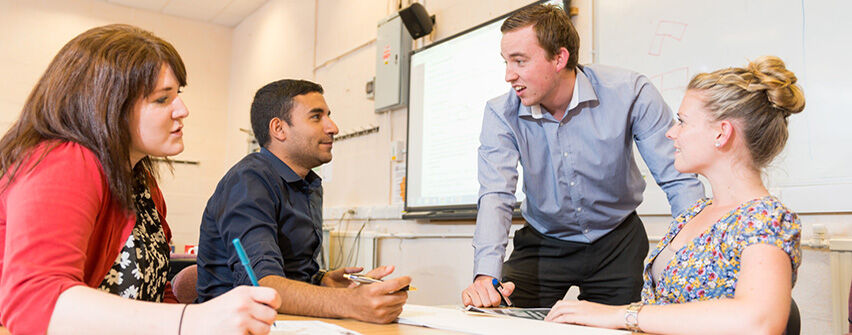One of Britain’s largest and most diverse Muslim umbrella organisations has, once again, launched a landmark report. The ‘Proudly Muslim and Black Report 2022’ is a collection of personal essays examining the challenges of overcoming anti-Black racism within Muslim communities. It also highlights the contributions and triumphs of Black Muslims in Britain. This is a significant milestone in introspection for non-Black Muslim communities and, simultaneously, it is significant in the representation of Black, African and Afro-Caribbean British Muslim communities.
The project began with a conference at the University of London's School of Oriental and African Studies (SOAS) bringing together Black and non-Black Muslim communities in 2019. After a two-year period of grassroots community engagement the report has come to fruition. The overarching aim is to improve the representation of Black Muslims and address anti-Black racism within Muslim communities and society in general.
The landmark report Race, faith & community in contemporary Britain Essays on Black, African, and African Caribbean Muslims in the UK has gathered over 40 expert contributors to bring them into dialogue and raise key issues to be tackled. The most striking feature is its multidisciplinary approach as it speaks to people from many walks of life who expose the circumstances faced by Black Muslim Britons across many societal sectors. These include the arts and heritage, criminal justice, education, employment, health and well-being, media and politics.
At the crux of each piece is a dynamic narrative. It has a question that I always ask my associate teachers after they have dramaturgically represented faith stories and reflected upon the role of religion in life and society: what does it mean to be a Muslim [or of any faith and none] in contemporary Britain today?
Overall, the report is forward looking. Therefore, it is not surprising to read about the barriers that must be overcome in addressing anti-Black racism. However, helpfully, it does not stop here as it offers many interventions and recommendations from different fields and backgrounds on policy and on community leadership. It also highlights the numerous accomplishments of Black Muslim communities in different sectors, which act as role models.
As a teacher educator, the lived experience of a Black Muslim female teacher in a primary school caught my attention. She records that her experiences reflect those of many other teachers who are tinged by prejudice and inconsistency. Her experiences indicate that race as well as faith is critical to the experience of Black Muslim educators. My research indicates there is another layer that of gender. Thus making it a triple ‘penalty’ which makes their economic participation bleak. She also reveals that, as Black Muslims, they sometimes experience a lose-lose situation whereby they are treated unfairly by racists and also by not being embraced by their Muslim brethren even though there is a shared strand of identity between the two.
Methodologically, the report uses more than lived experiences. It provides case studies, statistics, demographic data, details of interventions required for meaningful engagement, a case study examining the origins of the first online Black Muslim Festival, which was a historic collaboration between Black Muslims on either side of the Atlantic and the African continent.
The UK is home to the largest Somali community across Europe and who have a long history in the UK. Thus, there is also a much-needed exposition of the Somalis who exist within an interesting intersection of identities, between Blackness and Muslimness. Encouragingly, it reports on their increased creation of brilliant cultural projects that explore what it means to be Black and Muslim in modern British society. Through the arts, the communities have begun the task of creating an overdue space to explore Somali histories by working with local communities to establish the first Somali Museum in Europe. Another useful piece is one which looks forward by involving both community initiatives and police efforts to build better relations.
The essays add depth and insight to the available quantitative statistical data. Significantly, the report highlights the need to identify important categories that need to be pursued via research and the need for specific data relevant to Black Muslims.
For the Muslims, the message is unambiguous: to own up to the challenge of racism within their communities. For society, the message is unambiguous: commit to tackling anti-Black racism.
It would be a disservice to the cause of anti-racism should this blog not end with an important and enduring declaration by Prophet Muhammad which featured as part of his final sermon delivered in 632 CE:
All humankind is from Adam and Eve. No Arab has superiority over a non-Arab nor a non-Arab over an Arab; a white has no superiority over a black nor a black over a white except by piety and good action (Mogra, 2020).

